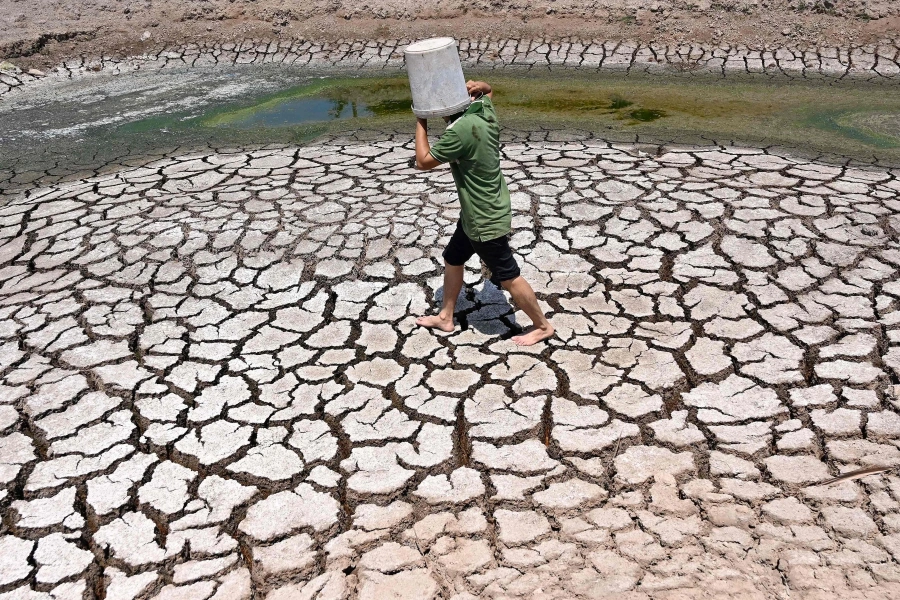KATHMANDU, Jan 11: The government has decided to make the Department of Cooperatives (DoC) active to take prompt measures in regular inspection and reporting of the cooperatives at a time when the sector’s regulator is found incapacitated in its regular duty.
A meeting led by the Deputy Prime Minister and Home Minister Narayan Kaji Shrestha on Wednesday, decided to take the initiative to enhance the role of the regulator in order to provide relief to the depositors of cooperatives. High level officials of the Ministry of Home Affairs, Ministry of Finance, Ministry of Land Management, Cooperatives and Poverty Alleviation, DoC, Nepal Police, Central Investigation Bureau and Cooperative Sector Reforms Recommendation Task Force were present at the meeting.
The high-level meeting showing concern over the issues of cooperatives took place on the following day of the Prime Minister Pushpa Kamal Dahal making fresh pledges to address the plight of the cooperatives’ victims. The Wednesday meeting led by Deputy Prime Minister Shrestha also asked the DoC to study the preliminary reports of the crisis-ridden cooperatives and forward them for actions to the government agencies concerned.
Karnali locals not happy with 20 kg rice

The DoC has been designated to look after the cooperatives businesses operating across the country. However, the department showing the pretext of inadequate resources has been limited just to receiving complaints of the cooperatives’ victims without taking any action against the defaulters of the sector.
Earlier, the DoC had enforced a number of guidelines and directives for the financial reporting and onsite inspection of the cooperatives. It has even enforced the PEARLS monitoring system to assess the level of risks in the financial cooperatives. But the DoC has hardly taken any action against the wrongdoing cooperatives till date.
Taking advantage of the poorly regulated sector, hundreds of cooperatives have embezzled the depositors’ money in the past one decade. Multipurpose, savings and credit cooperatives including Oriental, Guna, Civil, Tulasi, Sumeru, Shiva Shikhar, Maa Ambe, Swastik, Societal, Kohinoor, Pashupati and Gautam Shree are a few examples. These cooperatives owe billions of rupees to hundreds of thousands of their members.
A few months ago, a committee formed by the government submitted a report suggesting reforms in the cooperatives sector and recommended a number of measures for this purpose. But hardly any measures have been implemented till date.
Meanwhile, the meeting also instructed the Cooperatives Asset Management Committee to recruit more employees to speed up the assessment of the fixed property of the problematic cooperatives and to take them to auctions, in order to provide money to the affected depositors. The government formed the Cooperatives Asset Management Committee in 2015 and has been allocating a budget of around Rs 30 million every year. But the committee’s work is just limited to updating the problematic cooperatives time and again, without fulfilling the task for which it had been set up.
Besides, the high-level meeting also expressed its concern to operate savings and credit security funds in cooperative businesses. It also decided to form a separate oversight agency through formation order, as suggested by the Cooperative Sector Reforms Recommendation Taskforce.






































